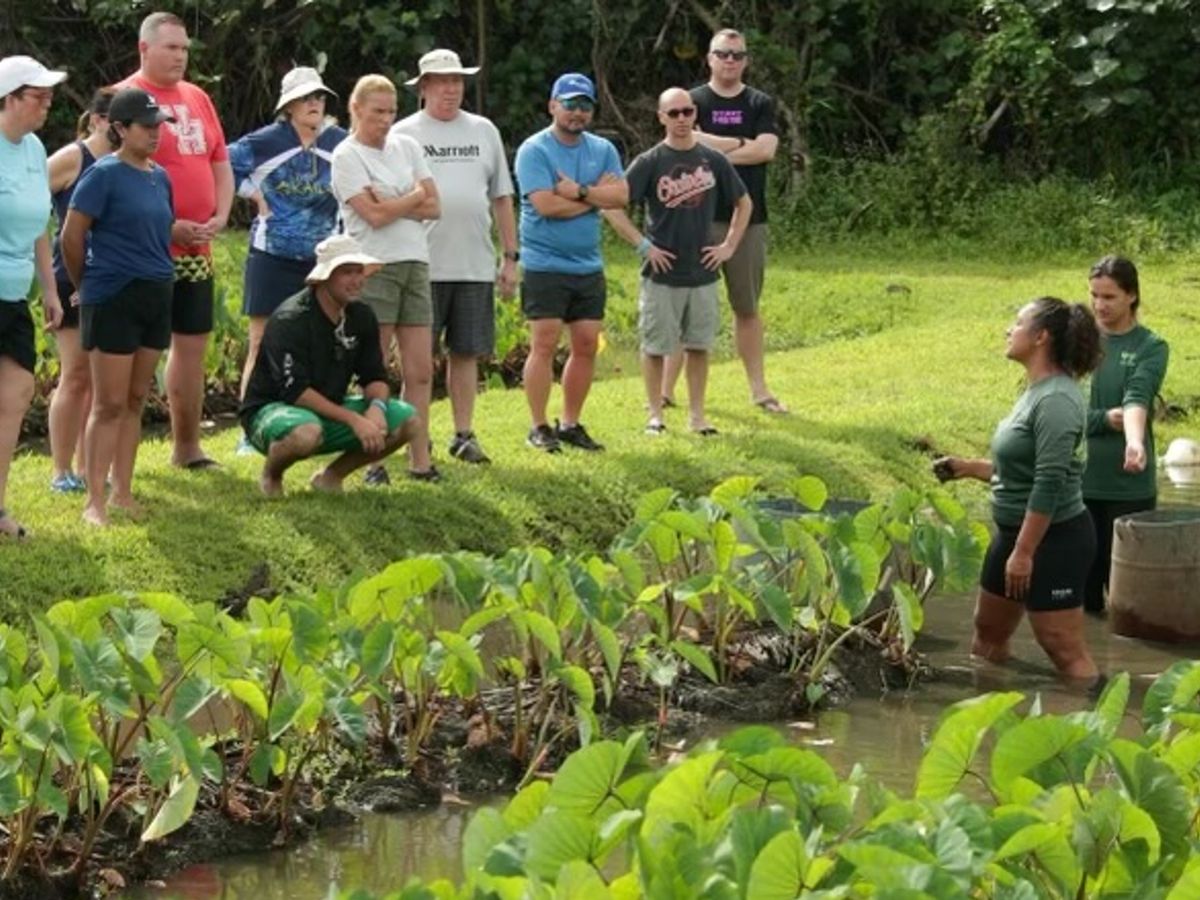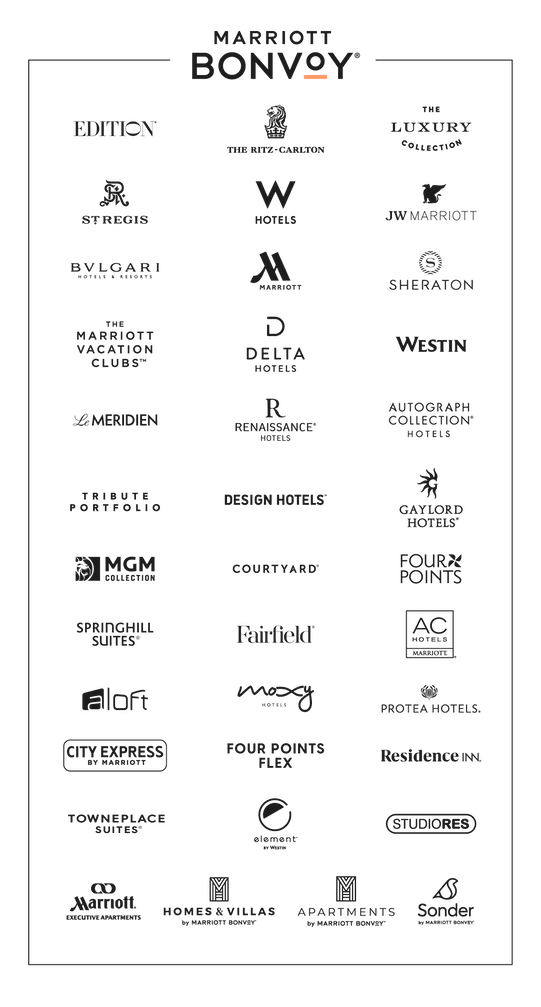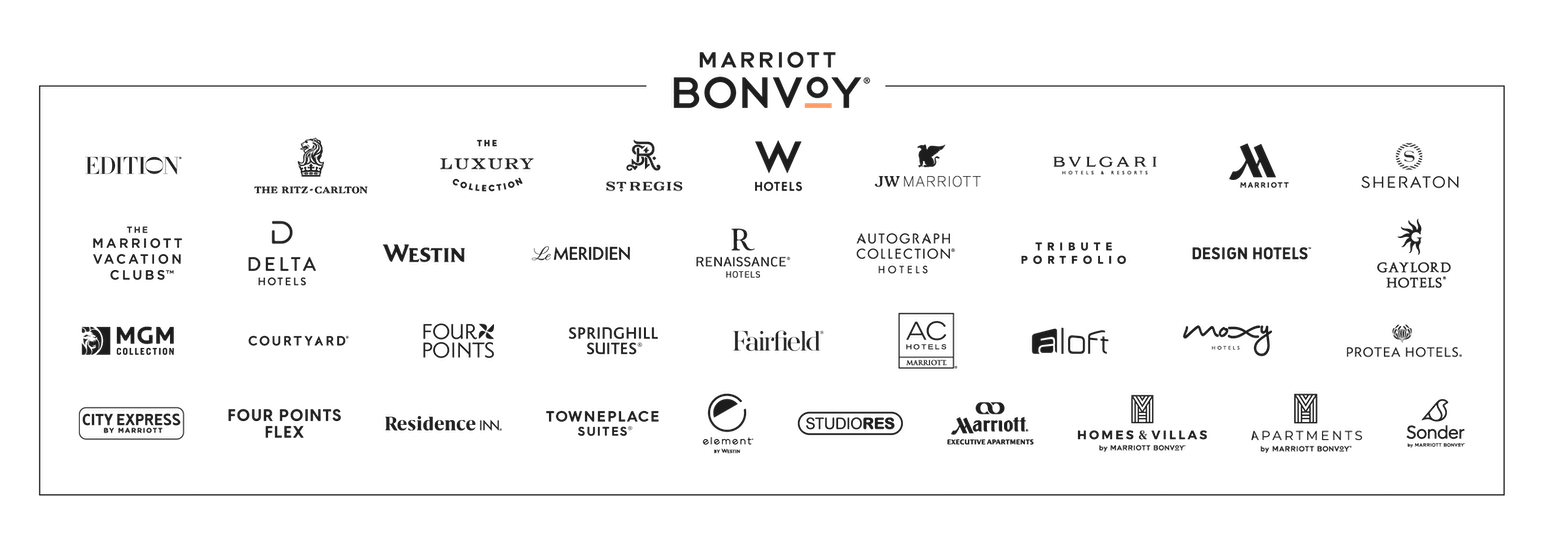Marriott’s Most Sustainable Meeting Yet
Are you ready to take sustainability practices to the next level? The 370 attendees at Marriott’s THE EXCHANGE, Travel Partners Conference (TPC) , held March 21-24 in Waikiki, Hawai‘i, are—and thanks to the sustainability-focused event, they’re ready to spread the word to others too.
As with any well-designed meeting, the Marriott’s TPC event, held at The Waikiki Collection (the Sheraton Waikiki, The Royal Hawaiian, a Luxury Collection Resort, Waikiki, the Moana Surfrider, A Westin Resort & Spa, Waikiki Beach, and the Sheraton Princess Kaiulani), began by considering what attendees need. The Waikiki Collection, who achieved the prestigious Sustainable Event Professional Certification from the Events Industry Council, took the lead on all the sustainability initiatives for this event. The attendees were Marriott International Global Sales Organization’s top intermediary customers—those who specialize in sourcing and planning events for corporations and associations—so this was the perfect audience to demonstrate how to execute a best in class sustainable event.
Attendees not only went to sessions designed to educate them on sustainable practices they can transfer to their own meetings, but they also witnessed some of those practices firsthand. Here’s a sampling of what they took in.

- The value of keeping it local. “We are not shipping one thing to the island from the mainland,” Clarke says. “We even hand-carried all of the name badges.” The lanyards from which those hand-carried badges hung were made by local artisans, crafted from seashells, and designed to be reusable as a lei-style keepsake. Even the swag was local and sustainable: Attendees received a gift card to Tori Richard, a Honolulu-based design company world-renowned for its Hawaiian wear, cut and sewn in Hawai‘i since 1956.


- Partnerships with farmers. Attendees themselves actually became farmers for a day. Delegates had an option to sign up to plant taro, an important Hawaiian food staple, with local farmers using age-old farming techniques; other attendees harvested taro that was used in dishes for the event’s closing ceremony. That’s taking “farm-to-table” to a personal level.

- Slice-on-demand fruit. “How many times have you gone to an event and seen tons of cut-up fruit, and it’s still there after the event?” Clarke asks. Marriott’s TPC event’s elegant solution to this particular form of food waste? Slice-on-demand fruit. Attendees went to a fruit station and asked for what they wanted—pineapple, papaya, mango, apples, whatever—and it was cut on demand. This offered a premium experience and reduced food waste.
- Composting Waste. Green waste from the event was used to start compost bins, and these bins were donated to local community gardens and elementary schools. The composting program helps the land, but it extends beyond the island too. “With this composting program, you’re leaving a legacy here,” Clarke says. “You’ve come to the island, you’ve enjoyed the experience. Now you’re leaving a legacy of your impact here in the soil. You’re giving back to the island.”

- Filling it forward. In pre-event communications, attendees were asked to bring their own water bottles. This helped reduce plastic waste from bottled water, but Marriott’s TPC took it further, partnering with Fill it Forward, an organization designed to match sustainable individual practices with large-scale sustainability efforts. Attendees received a sticker with a QR code to be placed on their bottles. Every time they refilled, they could scan the QR code, and Fill it Forward would make a donation to an environmentally focused Oahu organization. The practice will extend beyond the event—when people refill their bottles at home and scan the code, well after the event has ended, the local nonprofit will continue to benefit. At the end of the event, $5,000 was raised towards this project.
- Carbon consciousness. Marriott properties are on track to be carbon-neutral by 2050, but as those efforts are underway, carbon consciousness is the name of the game. Step Beyond served as the unveiling of Marriott’s new carbon calculator, which will be beta-tested in 52 hotels around the world and will inform Marriott’s Serve 360 sustainability goals. Carbon offset donations for the event will go to South Pole, a strategy organization working toward emission reduction.
- A focus on visibility. Within the events industry, some sustainability efforts are visible to attendees; think reusable water bottles and recycling bins. But initiatives with the most impact tend to be larger-scale, as they happen on an operational level, making them invisible to attendees. Given the special nature of the this audience, Marriott chose to shine a light on that work so that these influencers understood what was happening behind the scenes. Videos showcasing back-of-house sustainability efforts, digital signage at food stations indicating which local sources were supplying the goods, and partnerships with session presenters to reinforce the sustainable practices happening around the event—all of these laddered up to delegates walking away with a keen understanding of what’s happening, and why it matters.

“All our hotels are learning from each other as it relates to sustainable practices,” Clarke says. Thanks to Marriott’s TPC event in Waikiki, attendees are learning too. Now it’s time for them to spread the word.

